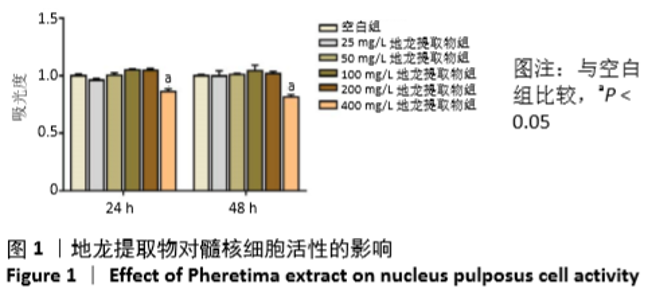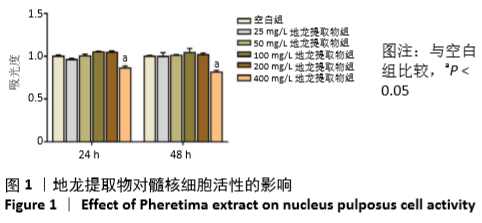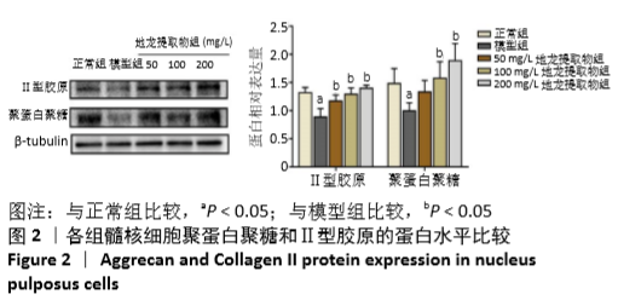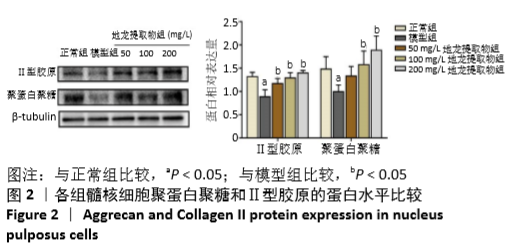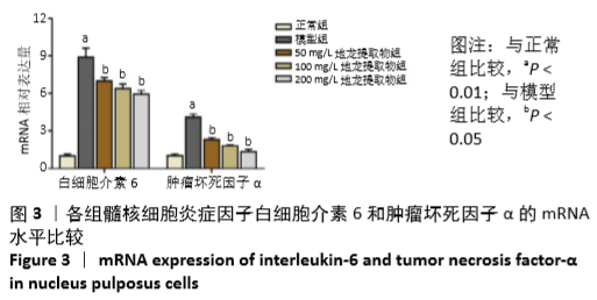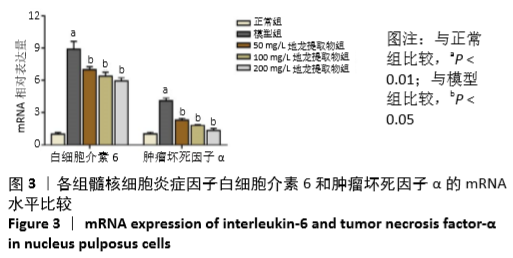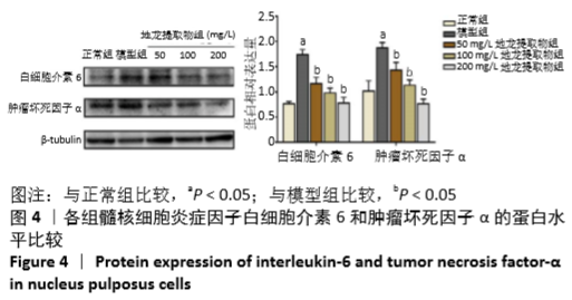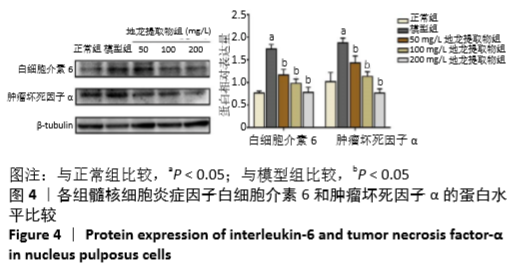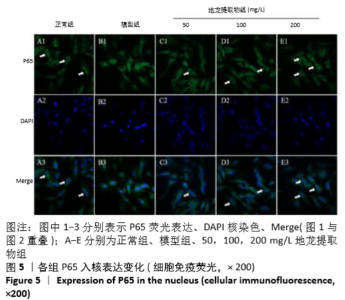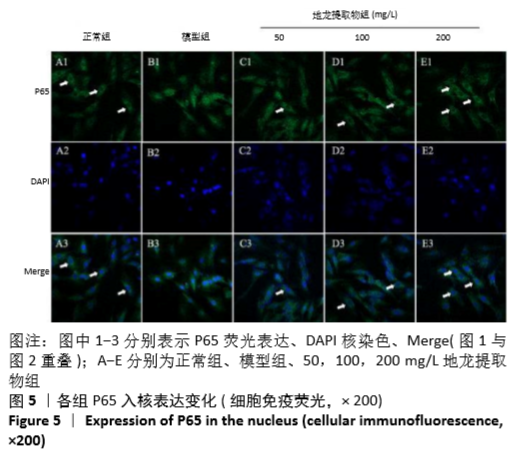[1] GBD 2016 Disease and Injury Incidence and Prevalence Collaborators. Global, regional, and national incidence, prevalence, and years lived with disability for 328 diseases and injuries for 195 countries, 1990-2016: a systematic analysis for the Global Burden of Disease Study 2016. Lancet. 2017;390(10100):1211-1259.
[2] BRINJIKJI W, DIEHN FE, JARVIK JG, et al. MRI findings of disc degeneration are more prevalent in adults with low back pain than in asymptomatic controls: a systematic review and meta-analysis. AJNR Am J Neuroradiol. 2015;36(12):2394-2399.
[3] VERGROESEN PP, KINGMA I, EMANUEL KS, et al. Mechanics and biology in intervertebral disc degeneration: a vicious circle. Osteoarthritis Cartilage. 2015;23(7):1057-1070.
[4] YAMAMOTO J, MAENO K, TAKADA T, et al. Fas ligand plays an important role for the production of pro-inflammatory cytokines in intervertebral disc nucleus pulposus cells. J Orthop Res. 2013;31(4):608-615.
[5] LE MAITRE CL, HOYLAND JA, FREEMONT AJ. Catabolic cytokine expression in degenerate and herniated human intervertebral discs: IL-1beta and TNFalpha expression profile. Arthritis Res Ther.2007;9(4):R77.
[6] SEGUIN CA, PILLIAR RM, ROUGHLEY PJ, et al. Tumor necrosis factor-alpha modulates matrix production and catabolism in nucleus pulposus tissue. Spine (Phila Pa 1976). 2005;30(17):1940-1948.
[7] RISBUD MV, SHAPIRO IM. Role of cytokines in intervertebral disc degeneration: pain and disc content. Nat Rev Rheumatol. 2014;10(1): 44-56.
[8] SEGUIN CA, PILLIAR RM, ROUGHLEY PJ, et al. Tumor necrosis factor-alpha modulates matrix production and catabolism in nucleus pulposus tissue. Spine (Phila Pa 1976). 2005;30(17):1940-1948.
[9] 石召华,陈立军,黄文芳,等.地龙活性组分提取物干燥方式的筛选[J]. 中药材, 2015,38(7):1363-1365.
[10] 万明, 杨新, 张涛, 等. 沪地龙抗凝血活性部位分离研究[J]. 时珍国医国药, 2018,29(1):49-53.
[11] ADAMS MA, ROUGHLEY PJ. What is intervertebral disc degeneration, and what causes it? Spine. 2006;31(18):2151-2161.
[12] WANG SZ, RUI YF, LU J, et al. Cell and molecular biology of intervertebral disc degeneration: current understanding and implications for potential therapeutic strategies. Cell Prolif. 2014;47(5):381-390.
[13] FRIEDMANN A, GOEHRE F, LUDTKA C, et al. Microstructure analysis method for evaluating degenerated intervertebral disc tissue. Micron. 2017;92:51-62.
[14] WANG Y, ZUO R, WANG Z, et al. Kinsenoside ameliorates intervertebral disc degeneration through the activation of AKT-ERK1/2-Nrf2 signaling pathway. Aging (Albany NY). 2019;11(18):7961-7977.
[15] XU X, WANG D, ZHENG C, et al. Progerin accumulation in nucleus pulposus cells impairs mitochondrial function and induces intervertebral disc degeneration and therapeutic effects of sulforaphane. Theranostics. 2019;9(8):2252-2267.
[16] ZHU J, XIA K, YU W, et al. Sustained release of GDF5 from a designed coacervate attenuates disc degeneration in a rat model. Acta Biomater. 2019;86:300-311.
[17] ZHOU X, WANG J, HUANG X, et al. Injectable decellularized nucleus pulposus-based cell delivery system for differentiation of adipose-derived stem cells and nucleus pulposus regeneration. Acta Biomater. 2018;81:115-128.
[18] LI Z, ZHANG K, LI X, et al. Wnt5a suppresses inflammation-driven intervertebral disc degeneration via a TNF-alpha/NF-kappaB-Wnt5a negative-feedback loop. Osteoarthritis Cartilage. 2018;26(7):966-977.
[19] 王东, 杨欢, 王瑞辉, 等. 多层纳米地龙蛋白复合物的制备及在小鼠创伤中的应用[J]. 中华中医药学刊,2019,38(5): 1-7.
[20] 何红,车庆明,孙启时. 地龙提取物的抗凝血作用[J]. 中草药,2007, 38(5):733-735.
[21] 何升华,谭伟伟,孙志涛,等. 腰突颗粒对人髓核细胞核因子κB信号通路的影响[J]. 中国组织工程研究, 2016,20(33):4933-4939.
[22] HAYDEN MS, GHOSH S. Shared principles in NF-kappaB signaling. Cell. 2008;132(3):344-362.
[23] BALDWIN AJ. Series introduction: the transcription factor NF-kappaB and human disease. J Clin Invest. 2001;107(1):3-6.
[24] LIU Y, QU Y, LIU L, et al. PPAR-γ agonist pioglitazone protects against IL-17 induced intervertebral disc inflammation and degeneration via suppression of NF-κB signaling pathway. Int Immunopharmacol. 2019;72:138-147.
[25] WU X, LIU Y, GUO X, et al. Prolactin inhibits the progression of intervertebral disc degeneration through inactivation of the NF-κB pathway in rats. Cell Death Dis. 2018;9(2):98.
[26] TISHERMAN R, COELHO P, PHILLIBERT D, et al. NF-κB Signaling Pathway in Controlling Intervertebral Disk Cell Response to Inflammatory and Mechanical Stressors. Phys Ther. 2016;96(5):704-711.
|
